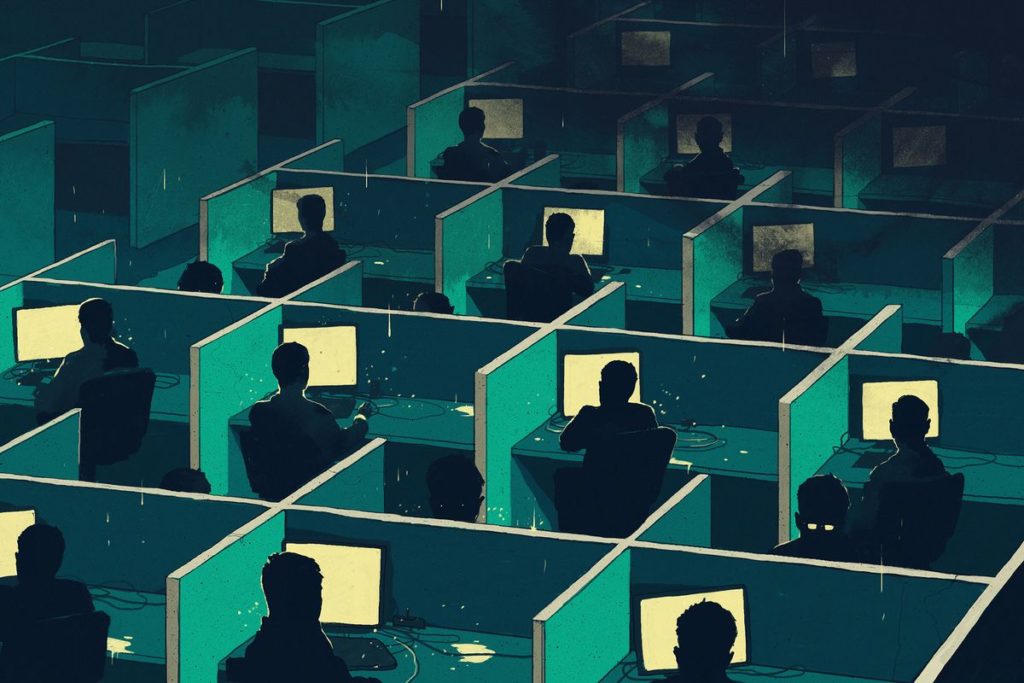
With the coronavirus pandemic, our lives have gone online more than ever before. From simply keeping up with the news to managing our finances and banking, we are relying more and more on the internet for our day-to-day tasks. In fact, many other things have also changed to accommodate the situation. Many people are working from home and relying on their everyday equipment for their daily work.
Of course, with such a large change in how things are carried out, the implications of risks also rise, particularly more so when we realize that our home cybersecurity may not be as strong as that of an organization. Thus, with these risks in mind, employers have to bring about a change in cybersecurity training, so that any new challenges that are met can be dealt with appropriately.
Changes in Training
The main thing to keep in mind when it comes to changing training regimes is that there is now a much broader range of devices and methods that are part of the system. Before the pandemic, most employees would come to work and use devices that were already part of the organization’s systems and thus accounted for. However, using personal devices for work means that they will be using the same devices for casual browsing as for connecting to work servers where vital information is held. Thus cybersecurity training needs to incorporate using the right services and apps, and knowing how to browse the internet securely – not just during work hours, but also in their own time.
Email Literacy
Some rules that are already drilled into employees become even more important. Without having colleagues around to ask if an email or its contents seem suspicious, people now have to be trained to be able to identify where risks lie and being proactive in mitigating them.
This goes beyond just telling people not to trust everything they come across, but also involves teaching them more about how phishing campaigns work and are launched, and helping them understand how cybercriminals will use social engineering to sneak their way into secure networks. With employers not being around to keep an eye on their employees, and the danger and impact of having vital information stolen, being literate about the risks is much more important now than it was before. The impact of such crimes can be enormous even before the victim realizes what has happened.
Responsibility
Besides just giving tips and advice on how to manage their online time safely, cybersecurity training for the pandemic and after is taking a more holistic approach – that is, ensuring that people take responsibility for their actions and understand the consequences that could arise from not taking the correct safety precautions online.
Knowing that their curiosity could have a severe impact on the security of their company’s network and making employees take ownership allows employers to make their employees consider every action before they go ahead with it – not just for the company, but also their own digital safety.
